Running a business requires careful attention to numerous aspects, but tax compliance and financial planning often rank among the most complex and daunting. With ever-changing regulations and financial nuances, it’s not uncommon for business owners to feel overwhelmed. While managing taxes independently may work in the early stages, growth or financial setbacks can quickly expose gaps in your expertise.
Seeking Professional Tax Advice can save time, minimize costly errors, and even unlock financial benefits that you may not have been aware of. Below are five clear signs that your business could greatly benefit from professional tax services:
1. Complex Business Structure
As your business grows, so does its complexity. When you transition from a sole proprietorship to an LLC, partnership, S-corp, or C-corp, the tax implications become more intricate. Each business structure has unique rules, tax rates, and reporting requirements that influence how much you owe and how you manage cash flow.
- Example: If you’re running a multi-member LLC, you’ll need to navigate partnership returns and distribute K-1 forms to each member, which can become cumbersome.
- Impact of Not Seeking Advice: Failing to select the optimal structure for your business or misunderstanding your tax obligations can result in overpaying taxes or facing penalties for non-compliance.
A professional tax advisor can assess your business structure and recommend changes to optimize your tax outcomes. This guidance ensures your business is compliant and financially efficient, positioning you for long-term growth.
2. Frequent Changes in Tax Laws
Tax laws are constantly evolving. New regulations at the federal, state, and local levels can affect your tax filing requirements and deductions. These changes are often difficult for business owners to track while focusing on day-to-day operations.
- Example: Tax credits related to employee retention, COVID-related relief measures, or changes in depreciation rules can have a significant impact on your bottom line.
- Common Mistake: Many businesses miss out on valuable deductions and credits due to a lack of awareness or misunderstanding of new regulations.
With Professional Tax Advice, you gain a strategic advantage by staying informed about relevant updates. Tax professionals not only ensure that your business complies with the latest regulations but also identify opportunities for tax savings.
3. Significant Business Growth or Expansion
Growth is a positive milestone, but it can introduce new financial and tax challenges. Expanding into new markets, opening additional locations, or increasing your product or service offerings often leads to more complicated financial reporting.
- Indicators of Growth:
- Higher revenue streams and increased profit margins
- Expansion into new states or countries
- Hiring additional employees or contractors
- Potential Tax Issues: Expanding into new jurisdictions can introduce multi-state tax obligations, sales tax concerns, and different filing deadlines.
A tax professional can help you implement an efficient tax strategy that supports your growth while minimizing risks. They can also ensure compliance across all jurisdictions, so your expansion doesn’t come with costly surprises.
4. Increased IRS Scrutiny or Audits
Receiving a notice from the IRS can be a nerve-wracking experience for any business owner. While audits don’t always indicate wrongdoing, they can be triggered by discrepancies, reporting errors, or significant changes in your financial data.
- Common Triggers for Audits:
- Large charitable donations or business expense claims
- Significant year-over-year financial changes
- Inconsistent reporting of income or deductions
- Risk of DIY Tax Defense: Responding to IRS inquiries without professional guidance can result in additional penalties or missed opportunities to resolve the issue efficiently.
By working with a tax advisor, you can receive expert representation during audits and reduce your exposure to further scrutiny. A tax professional can also proactively review your records to ensure they meet compliance standards and flag any issues before they attract attention.
5. Cash Flow Problems or Financial Losses
When cash flow becomes tight, or your business experiences financial setbacks, it’s crucial to assess your tax position and implement strategies to mitigate losses. Poor cash flow can result from seasonal fluctuations, large capital investments, or unexpected expenses, but your tax strategy can either alleviate or worsen the impact.
- Tax-related Challenges:
- Overpaying estimated taxes when cash flow is inconsistent
- Missing out on deductions for capital losses or operating expenses
With Professional Tax Advice, you can optimize your tax payments and manage losses more effectively. Advisors can help you utilize tax-loss carrybacks and carryforwards, adjust estimated payments, and take advantage of available credits to improve your financial stability.
Key Benefits of Professional Tax Advice
Beyond addressing these common warning signs, there are several overarching benefits to seeking professional tax services:
- Increased Savings: Tax advisors can uncover deductions and credits that you may overlook, resulting in significant tax savings.
- Risk Mitigation: Professionals reduce the risk of costly errors and penalties by ensuring accurate and compliant tax filings.
- Time Efficiency: Managing taxes can be time-consuming. Outsourcing this responsibility allows you to focus on core business operations.
- Strategic Planning: Tax advisors provide forward-looking insights that help you plan for major financial decisions, ensuring you make informed choices.
Choosing the Right Tax Advisor
The next step is finding a qualified expert if you’ve recognized that your business could benefit from Professional Tax Advice. Here are some factors to consider:
- Credentials: Look for professionals recognized by the IRS, such as ASFP, enrolled agents (EAs), CPA’s, or tax attorneys.
- Industry Experience: Choose an advisor familiar with your industry to ensure they understand the unique tax regulations affecting your business.
- Communication: Ensure the advisor provides clear communication and is responsive to your questions and concerns.
- Comprehensive Services: Some advisors specialize solely in tax filings, while others offer broader financial planning services. Choose one that meets your specific needs.
Final Thoughts
Running a successful business requires more than just managing daily operations; it also involves making smart financial decisions and staying compliant with tax regulations. If your business faces any of the challenges outlined above, it may be time to seek Professional Tax Advice. Whether you’re navigating complex financial changes, responding to IRS inquiries, or aiming to optimize your growth, a trusted tax advisor can be an invaluable asset.
By partnering with the right professional, you can streamline your tax processes, minimize liabilities, and position your business for sustainable success. To learn more about how Professional Tax Advice can benefit your business, visit Kanaela, where expert insights and personalized financial solutions are just a click away.

